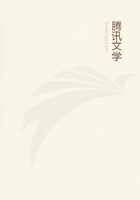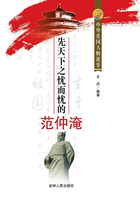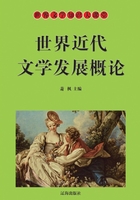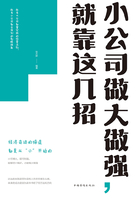It was no easy task to put the second book of Capital in shape for publication, and do it in a way that on the one hand would make it a connected and as far as possible complete work, and on the other would represent exclusively the work of its author, not of its editor. The great number of available, mostly fragmentary, texts worked on added to the difficulties of this task. At best one single manuscript (No. IV) had been revised throughout and made ready for press. But the greater part had become obsolete through subsequent revision. The bulk of the material was not finally polished, in point of language, although in substance it was for the greater part fully worked out. The language was that in which Marx used to make his extracts: careless style full of colloquialisms, often containing coarsely humorous expressions and phrases interspersed with English and French technical terms or with whole sentences and even pages of English. Thoughts were jotted down as they developed in the brain of the author. Some parts of the argument would be fully treated, others of equal importance only indicated.
Factual material for illustration would be collected, but barely arranged, much less worked out. At conclusions of chapters, in the author's anxiety to get to the next, there would often be only a few disjointed sentences to mark the further development here left incomplete. And finally there was the well-known handwriting which the author himself was sometimes unable to decipher.
I have contented myself with reproducing these manuscripts as literally as possible, changing the style only in places where Marx would have changed it himself and interpolating explanatory sentences or connecting statements only where this was absolutely necessary, and where, besides, the meaning was clear beyond any doubt. Sentences whose interpretation was susceptible of the slightest doubt were preferably copied word for word.The passages which I have remodelled or interpolated cover barely ten pages in print and concern only matters of form.
The mere enumeration of the manuscript material left by Marx for Book II proves the unparalleled conscientiousness and strict self-criticism with which he endeavoured to elaborate his great economic discoveries to the point of utmost completion before he published them. This self-criticism rarely permitted him to adapt his presentation of the subject, in content as well as in form, to his ever widening horizon, the result of incessant study. The above material consists of the following:
First, a manuscript entitled Zur Kritik der politischen Oekonomie , containing 1472 quarto pages in 23 notebooks, written in August 1861 to June 1863. It is the continuation of a work of the same title, the first part of which appeared in Berlin, in 1859. It treats, on pages 1-220 (Notebooks I-V) and again on pages 1159-1472 (Notebooks XIX-XXIII), of the subjects examined in Book I of Capital , from the transformation of money into capital to the end, and is the first extant draft there of. Pages 973-1158 (Notebooks XVI-XVIII) deal with capital and profit, rate of profit, merchant's capital and money-capital, that is to say with subjects which later were developed in the manuscript for Book III. The themes treated in Book II and very many of those which are treated later, in Book III, are not yet arranged separately. They are treated in passing, to be specific, in the section which makes up the main body of the manuscript, viz., pages 220-972 (Notebooks VI-XV), entitled "Theories of Surplus-Value." This section contains a detailed critical history of the pith and marrow of Political Economy, the theory of surplus-value and develops parallel with it, in polemics against predecessors, most of the points later investigated separately and in their logical connection in the manuscript for Books II and III.
After eliminating the numerous passages covered by Books II and III, Iintend to publish the critical part of this manuscript as Capital , Book IV. This manuscript, valuable though it is, could be used only very little in the present edition of Book II.
The manuscript chronologically following next is that of Book III. It was written, at least the greater part of it, in 1864 and 1865. Only after this manuscript had been completed in its essential parts did Marx undertake the elaboration of Book I which was published in 1867. I am now getting this manuscript of Book III in shape for press.
The following period -- after the publication of Book I -- is represented by a collection of four folio manuscripts for Book II, numbered I-IV by Marx himself. Manuscript I (150 pages), presumably written in 1865 or 1867, is the first separate, but more or less fragmentary, elaboration of Book II as now arranged. Here too nothing could be used. Manuscript III is partly a compilation of quotations and references to the notebooks containing Marx's extracts, most of them relating to Part I of Book II, partly elaborations of particular points, especially a critique of Adam Smith's propositions on fixed and circulating capital and the source of profit; furthermore an exposition of the relation of the rate of surplus-value to the rate of profit, which belongs in Book III. Little that was new could be garnered from the references, while the elaborations for volumes II and III were superseded by subsequent revisions and had also to be discarded for the greater part.
Manuscript IV is an elaboration, ready for press, of Part I and the first chapters of Part II of Book II, and has been used where suitable.


